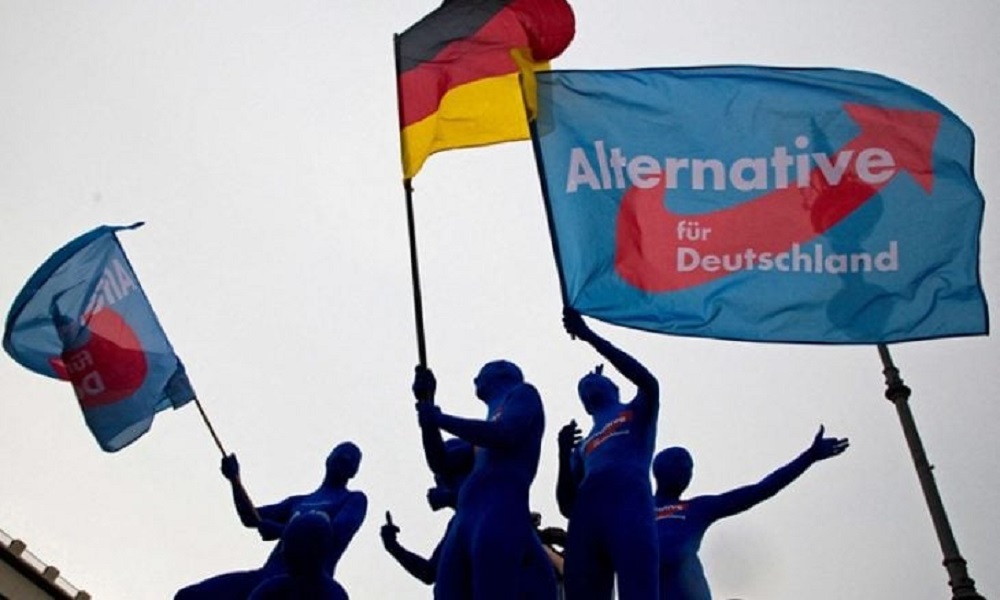Germany Labels AfD a Far-Right Extremist Group, Grants Intelligence Wider Surveillance Powers
Germany’s domestic intelligence agency designates the Alternative for Germany (AfD) as extremist, citing threats to democracy and anti-Muslim rhetoric, just months after the party’s strong electoral showing.

Watan-On Friday, Germany’s domestic intelligence agency officially classified the Alternative for Germany (AfD) party as a far-right extremist group, granting authorities expanded powers to monitor its activities. The move comes just months after the party achieved historic gains in legislative elections.
The anti-immigration AfD has been under investigation for several years, with several of its regional branches previously labeled extremist. Now, the agency has declared that the entire party poses a threat to Germany’s constitutional order.
In its official statement, the intelligence service explained that the AfD had engaged in numerous efforts to undermine Germany’s free democratic system, and that the party “aims to exclude specific segments of the population from equal participation in society.”
The AfD leadership quickly condemned the classification, calling it a “severe blow to democracy” and vowing to challenge the decision in court.

Party co-leaders Alice Weidel and Tino Chrupalla issued a joint statement saying:“The AfD, as an opposition party, is now being publicly defamed and criminalized,” adding that the ruling was driven by “clear political motives.”
The intelligence agency further noted that the AfD does not consider German citizens with migrant backgrounds—especially from predominantly Muslim countries—as equal members of the German people.
This, it said, is evident from the frequent xenophobic, anti-minority, and Islamophobic remarks made by senior party officials.
The classification allows German intelligence agencies to employ enhanced surveillance tools, such as wiretapping, undercover informants, and broader monitoring capabilities.
Despite growing legal scrutiny, the AfD has seen a sharp rise in popularity, fueled by public anxiety over immigration and economic stagnation. In the February 2025 national elections, the AfD secured more than 20% of the vote, finishing second behind the center-right Christian Democratic Union (CDU) led by Friedrich Merz, who is set to form a coalition government next week.






